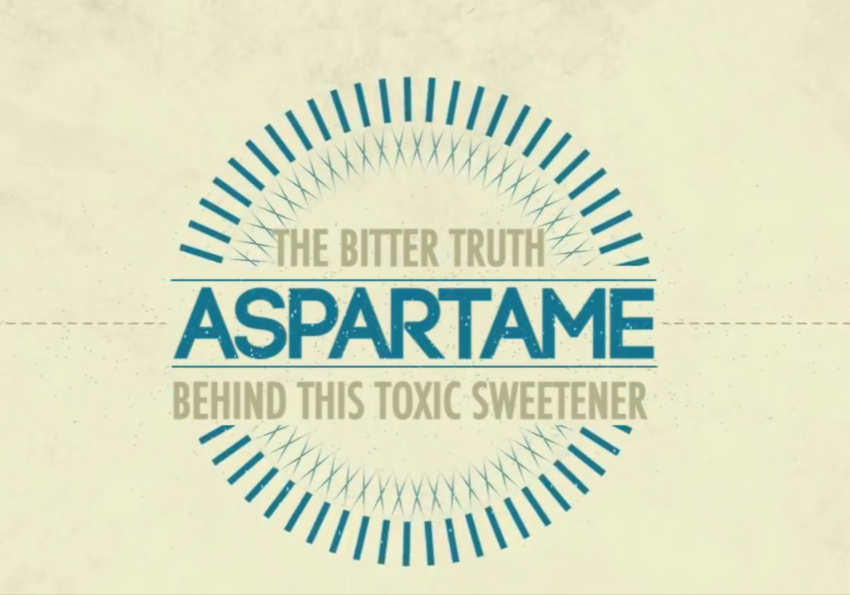
The Hidden Dangers of Aspartame
Aspartame, a widely used artificial sweetener found in over 6,000 products, particularly diet sodas, is the most consumed artificial sweetener in the U.S. Despite marketing claims promoting it as a healthier alternative to sugar, aspartame is associated with numerous health risks. It accounts for 75% of adverse reactions to food additives reported to the FDA, with headaches and migraines being the most common. More severe reactions include seizures and even death. Aspartame’s components—40% aspartic acid, 50% phenylalanine, and 10% methanol—contribute to its toxicity. Phenylalanine can deplete serotonin, affecting mood, while methanol, when metabolized, converts into formaldehyde, a known carcinogen linked to cancers and oxidative damage in the brain.
Despite extensive evidence of its risks, including potential links to brain tumors and other serious health conditions, aspartame remains on the market due to historical regulatory decisions and strong industry lobbying. For example, after repeated rejections by the FDA, aspartame was finally approved shortly after the Reagan administration’s onset, influenced by political and corporate pressures.
Despite extensive evidence of its risks, including potential links to brain tumors and other serious health conditions, aspartame remains on the market
Long-term and high-volume studies, including a significant 22-year study by Harvard, have shown a clear association between aspartame and an increased risk of blood cancers, particularly in men consuming high amounts regularly.
Given these risks, those experiencing unexplained health issues should try eliminating aspartame from their diet to see if symptoms improve. For those looking for safer alternatives, natural sweeteners like stevia or monk fruit are recommended, though moderation is advised, especially for individuals with metabolic health issues.
For more detailed information and to explore the extensive research on aspartame’s impact, visit mercola.com.
